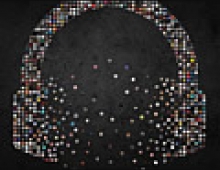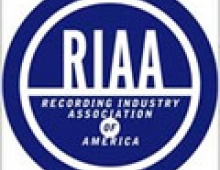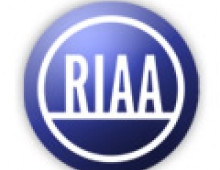
RIAA applauds civil lawsuit P2P bill
The Recording Industry Association of America (RIAA) has welcomed the tabling of legislation that would allow the US Department of Justice to bring civil copyright infringement cases rather than criminal ones.
The proposed law follows the recent announcement by the FBI and the RIAA of a new voluntary, government-sanctioned anti-piracy seal for copyrighted music to warn users on illegal file sharing.
Introduced by US senators Patrick Leahy and Orrin Hatch, the latest proposal would allow for federal civil claims with damages without resulting in a criminal record for the defendant.
RIAA chairman and chief executive Mitch Bainwol said in a statement: "This legislation provides federal prosecutors with the flexibility and discretion to bring copyright infringement cases that best correspond to the nature of the crime.
"Copyright infringement is a serious crime damaging the thousands of hardworking artists, songwriters and everyone else who helps bring music to the public.
"Despite some encouraging signs, piracy continues to plague the music community. There's an essential role for education, enforcement by copyright owners, and federal prosecutions of the worst offenders."
Introduced by US senators Patrick Leahy and Orrin Hatch, the latest proposal would allow for federal civil claims with damages without resulting in a criminal record for the defendant.
RIAA chairman and chief executive Mitch Bainwol said in a statement: "This legislation provides federal prosecutors with the flexibility and discretion to bring copyright infringement cases that best correspond to the nature of the crime.
"Copyright infringement is a serious crime damaging the thousands of hardworking artists, songwriters and everyone else who helps bring music to the public.
"Despite some encouraging signs, piracy continues to plague the music community. There's an essential role for education, enforcement by copyright owners, and federal prosecutions of the worst offenders."




















